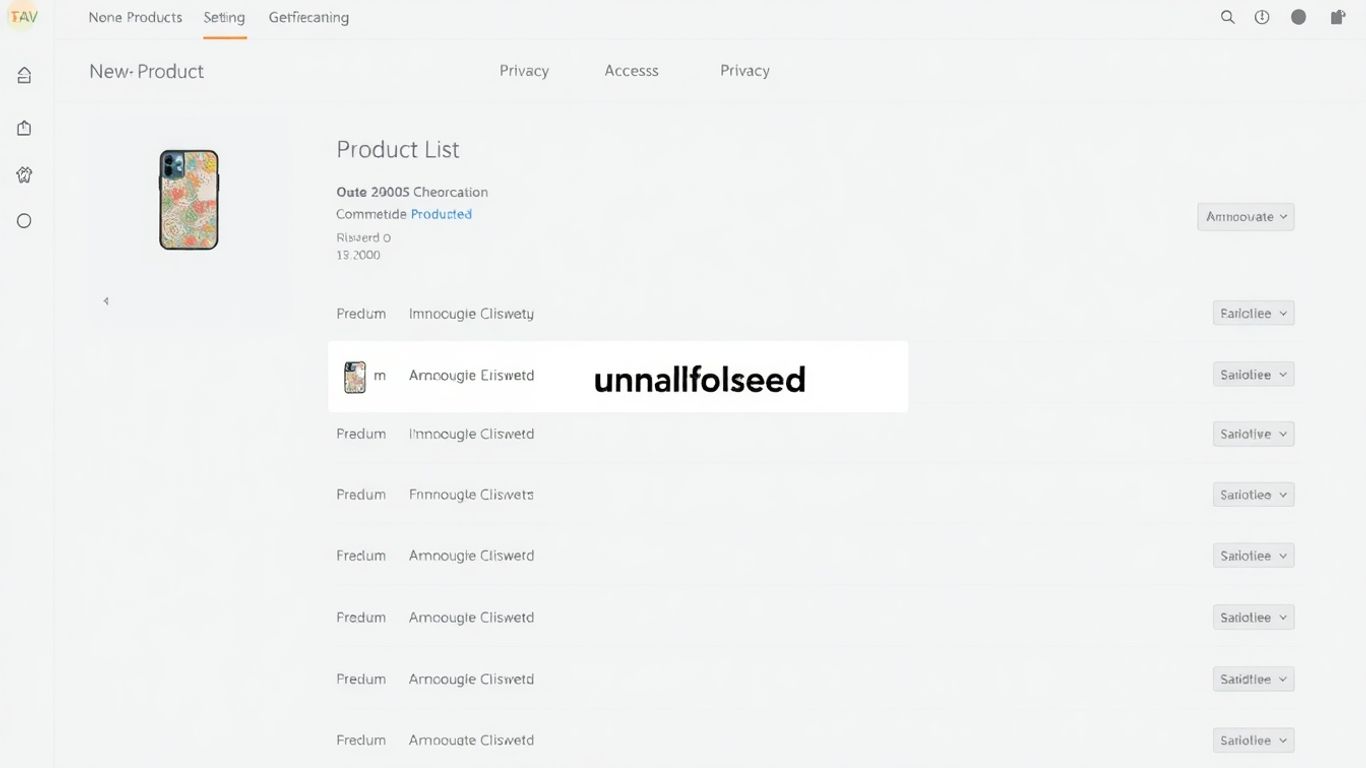E-commerce giant Shopify has removed a website template from its offerings following accusations from food influencer Molly Baz. Baz claimed the template featured an image that was an "AI version" of her likeness, closely resembling the cover art of her cookbook. The incident highlights growing concerns among creators about AI's potential to generate derivative content.
Key Takeaways
- Shopify removed a website template after food influencer Molly Baz alleged it was an AI-generated copy of her image.
- Baz stated the design bore a striking resemblance to her cookbook cover art and personal branding.
- Shopify confirmed the template was from a third-party developer and violated their terms.
- The incident raises broader questions about AI's role in content creation and intellectual property rights.
The Accusation
Molly Baz, a well-known food creator and author, took to Instagram to express her dismay over a website theme offered by Shopify. She pointed out that the template included an image of a woman in a red sweatshirt eating an onion ring in a yellow kitchen, which she felt was an uncanny likeness to her own image used for her cookbook, "More Is More: Get Loose in the Kitchen," as well as her social media profiles.
Baz specifically called the design a "sicko AI version" of herself, suggesting the use of artificial intelligence in its creation. This accusation comes at a time when creators are increasingly vigilant about the proliferation of AI-generated content that may mimic their work or likeness.
Shopify's Response
In response to the criticism, a Shopify spokesperson stated that the template was created by a third-party developer and that the imagery used "resembling Ms. Baz without permission, which violates our terms." The company confirmed that the theme was immediately removed upon becoming aware of the issue. Shopify also indicated they have informed Baz's team and are working with the developer to prevent future occurrences.
Shopify did not provide further details regarding its relationship with the developer, Presidio, or whether other designs by the same developer were also affected. It remains unclear if Presidio explicitly used AI to generate the disputed image.
Broader Implications of AI in Content Creation
The incident involving Molly Baz and Shopify underscores a growing concern within the creative community regarding the rise of generative AI. The ease with which AI tools can produce images and content raises the possibility of unintentional copyright or likeness infringements. Lawyers have noted that the vast datasets used to train AI models can lead to outputs that inadvertently copy an individual's publicity rights or artistic style.
This situation is not isolated, as creators have previously flagged instances of deepfakes or AI-generated content being used without permission to promote products or services. The case highlights the ongoing challenge of navigating intellectual property and ethical considerations in the rapidly evolving landscape of AI-powered content creation.
Sources
- Shopify Pulls Design After Molly Baz Calls It an 'AI Version' of Her, Business Insider.

